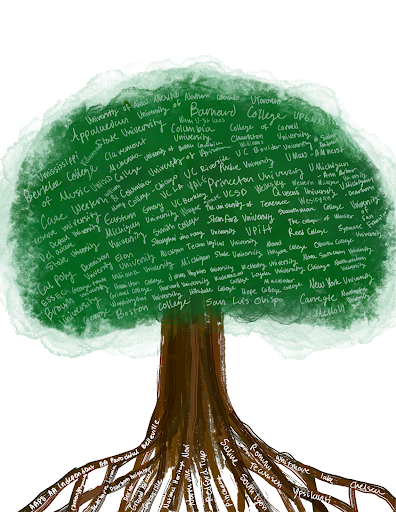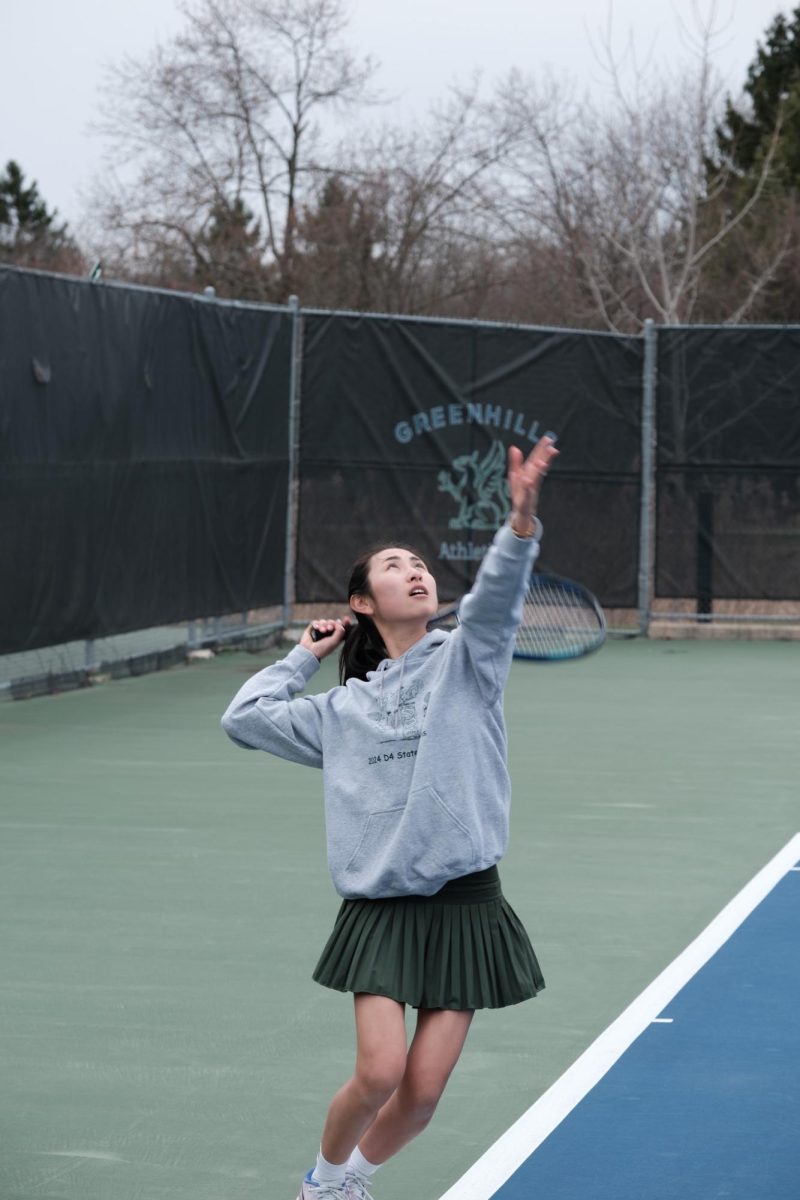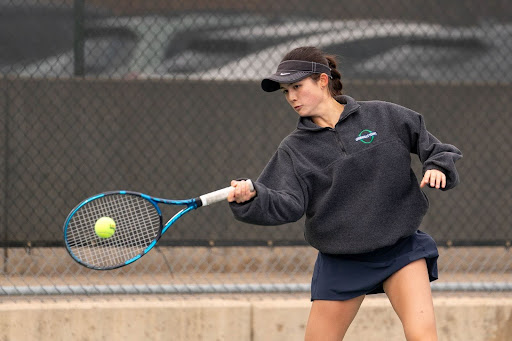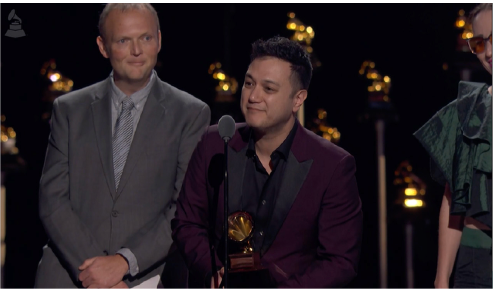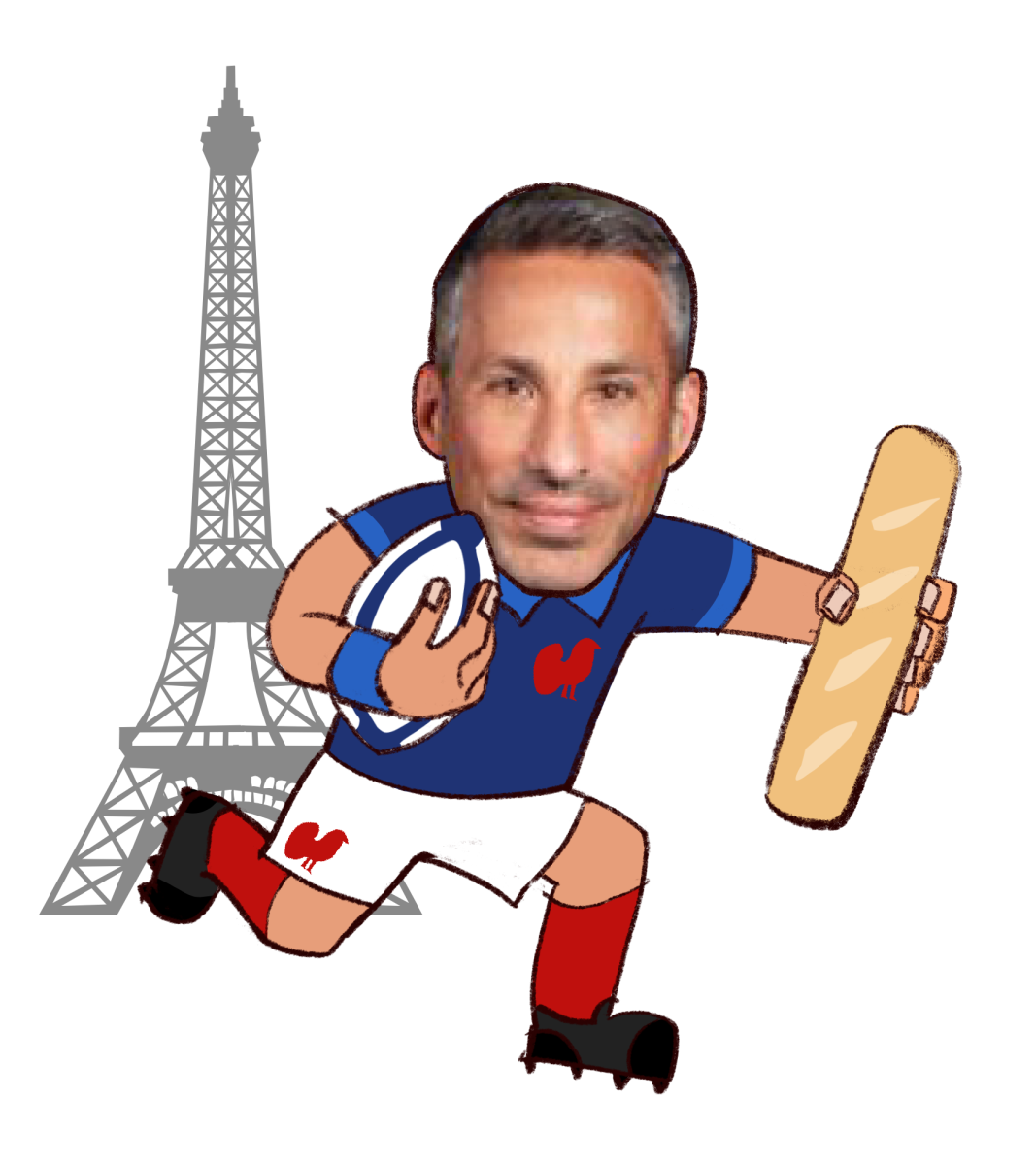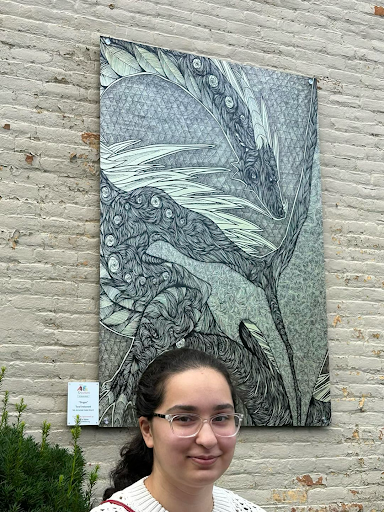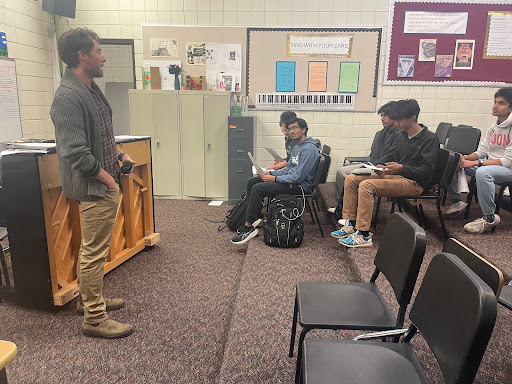
If you’ve ever taken an interest in public speaking, you probably know about Forensics. If you enjoy the adrenaline of performing, or the satisfaction of soaking in applause, you’ve joined the Forensics team. Forensics is an extracurricular that allows students to publicly speak in a way that suits them best. They have the opportunity to choose from various events, from sales speeches to poetry, and limited prep speaking to storytelling. With student participation high, the teams have become increasingly hard to manage. This makes it difficult to grant the necessary attention and guidance to individual students. Due to this increase in interest, the team is making changes from practices, to spots on the team, to the fact that they are combining the middle and upper school teams.
“For the last few years, we started practices in November,” said lead forensics coach, Ben Bellamy.
In past years, the forensics team started practices in November. They would meet for around an hour, once a week, on Tuesdays.
“We would work a lot on warmups in the beginning, and then we would get into a kind of individual practice,” said Ajay Purohit 26’, captain of the team. It’d be where everyone works under individual things they need to work on. Limited prep events would work, in one area, public address, would work in another area, and, we kind of just drilled hard in our individual events, and we felt pretty prepared and we felt our practices were pretty serious and rewarded.”
In previous years, the upper school team would initially have around 80 participants, and people would drop out throughout the year. The team would end up with around 40 participants nearing state finals. In middle school it would start out at around 100 students signing up, then as the season progressed the numbers would dwindle down as well.
“The team had been more or less open to whoever wanted to join,” said Bellamy. “With some caveats like you have to show up to practices and that kind of thing, but generally speaking, if you wanted [to be], you were on the team.”
The forensics team participates in a season of invitational tournaments. They typically attend four to five, and students are required to participate in three of them. After invitationals, the team narrows down to the people who have qualified for regionals in April, and then state finals in May.
“[We did] pretty well, and we had a really good invitational season last year,” said Bellamy. “We usually struggle against the really big schools, but also are a pretty successful team. We won a couple of invitational tournaments last year that we don’t typically win, so we had a really strong imitational season last year, and then we used to win states pretty much every year.”
Last year, the team moved up divisions, from class C to class B because Greenhills had been growing larger. They won second place in this new division.
“I’m looking forward to the tournament season,” said Purohit. “I think that’s for me the most fun part of forensics because we can go in and compete against other teams after we’ve been competing in practices a lot. Tournament season is going to be really fun and seeing if we can first get to that state tournament and then seeing if we can win this year because we [are] in a higher division.”
Previously, the middle school team operated similarly to the upper school team with some differences. They met once a week, after school, on Thursdays, for around an hour. The team would work towards one competition in April, where they would compete in what they’ve been preparing. This year, in contrast with last year, students that want to join the team will need to prepare for their event before the season starts. Anyone who wants to join the team will need to audition. Auditions are being held in the second semester in January, the first week after winter break. There have been prep sessions that are available to students in order to help them select and prepare for the auditions. Based on the commitment and audition quality of the participant, the coaches will decide who makes the team.
“Everyone has to prepare in advance and we have been running some workshops to help people kind of with that process,” said Bellamy. “There have been people who have been showing up at the workshops every few weeks, so we’re already seeing the people who are super committed and that will factor into the decision as well. We’ll basically watch everyone audition and pick the people who seem like they’d be best suited to it and we’ll take into account if people have any other commitments.”
The team is being more rigid on a commitment basis. In the past, students would be able to partially commit to many things along with Forensics. Some examples could be a winter sport, or the play. This year, it is a requirement that students fully commit to Forensics, and they wouldn’t be able to participate in anything containing major conflicts with the Forensics competitions and practices, if they choose to be on the team. Students that get cut, and didn’t perform the best have multiple options they can turn to insead. They could participate in activities like Model UN, a winter sport, and the play.
“For those students who don’t make it, it’s gonna be tough,” said Bellamy. “What I’m anticipating is that the people who don’t make it on the team are the people who were never going to be super committed to it anyway. The people who are really invested and really want to be on the team, they’re gonna be on the team. Someone who’s really passionate about it and done all that work, it’s unlikely that hey [will be] the people that I cut. It’s gonna be the people who sort of threw something together at the last minute and hope that they could still get on the team and it’s just not gonna work that way.”
Practices will be two times a week this year. They will be every Tuesday and Thursday, after school, for around an hour, starting in January.
“It’ll be kind of a steeper ramp into the competition season. um and that would be a big transition, not just for students [but] for coaches as well,” said Bellamy. “I anticipate it’ll be a positive thing because in the past all of us coaches have needed a competition on the horizon [to] kind of get focused and go, ‘I really need to work now.’”
The biggest change that is occurring this year in the team is that the amount of spots on the team have been reduced from around 80 to around 50.
“That change came about just from both teams from the middle school and upper school team just being far too big,” said Bellamy. “We decided that for the people who are really committed and really into it, it was detracting from their experience, getting not as much time from coaches and being surrounded by people who [are] not quite as into it as they are, and we’d much rather have a team that’s full of people who are really committed and really good at it.”
Another large change occurring is the Middle and Upper school teams are merging into an All School Forensics Team.
“Students will have the opportunity to try out for what is now the new all school forensics team, um, in which they’ll be slots for both upper school and middle school students,” said Co-forensics Coach, Katie McBride.
Even though the number of spots have decreased, student interest and participation is high.
“I feel like we’re gonna have a lot of great participation from all grade levels, it’s gonna be great to have one team, and we’re definitely going to be together more, so the participation is gonna be more focused, [and] it’s gonna be more tailored to all of us,” said Purohit. “I feel that, especially participation from all the captains and vice captains, it’s not the same program without all the leadership we have, and I’m really lucky to learn from all of the leaders on our team.”
With 110 participants meeting every week practice was difficult for coaches to manage, along with most students not seeming very committed or passionate for Forensics. This year, the middle school team was moved into a club format, and now is during C&C.
“We turned that into [two] clubs during C&C, and those clubs will run for kids who still want to, they’ll still be able to participate in forensics,” said Bellamy. “For a select few, they’re getting to audition for the All School Team, and we’ll essentially have a team that will have [around] ten middle schoolers on it, which will be an awesome experience of practicing with the upper school team, really committing to forensics and it will be a richer experience for those ten or so kids.”
The Forensics team has impacted many students positively. They have learned a lot from participating in the activity, and many students will continue to join the team in years to come.
“It’s a lot of happy memories,” said Purohit. “I think that forensics is unique in that it transcends a club, it’s more of like, as Mr. Bellamy likes to call it a varsity sport and that’s kind of the camaraderie and the level of performance that we like to hold ourselves to. And my experience has been amazing. I’ve been in forensics in sixth grade, and I’ve done extemporaneous speaking since seventh grade. It feels really rewarding to continue in an event for such a long time, because with the coaches and the whole team, you feel very supported and I definitely feel the people I’ve worked with have been amazing as well [and] grateful to them all.”



